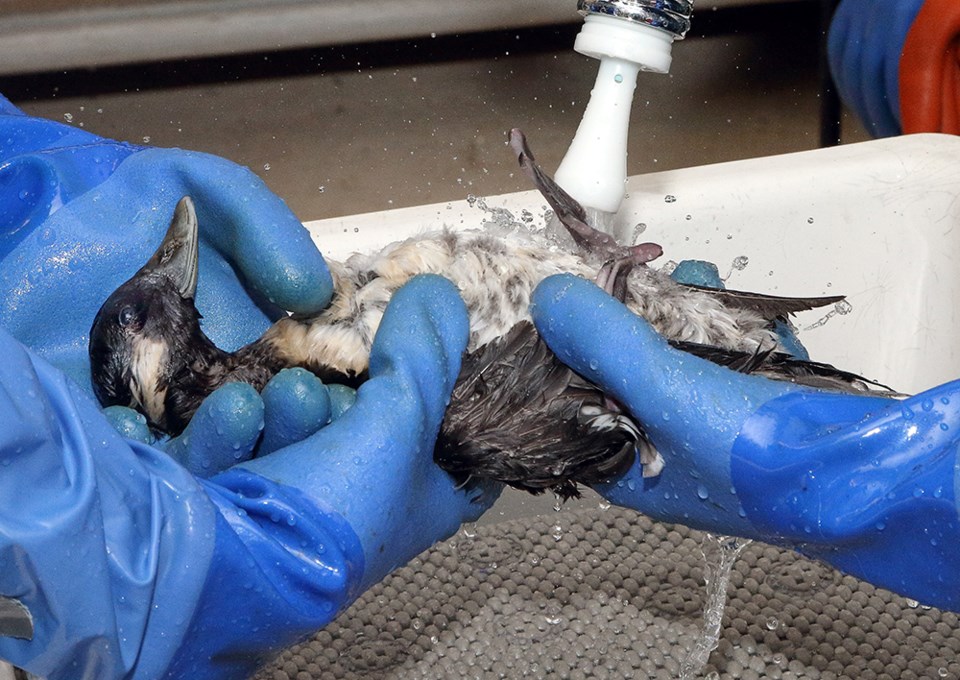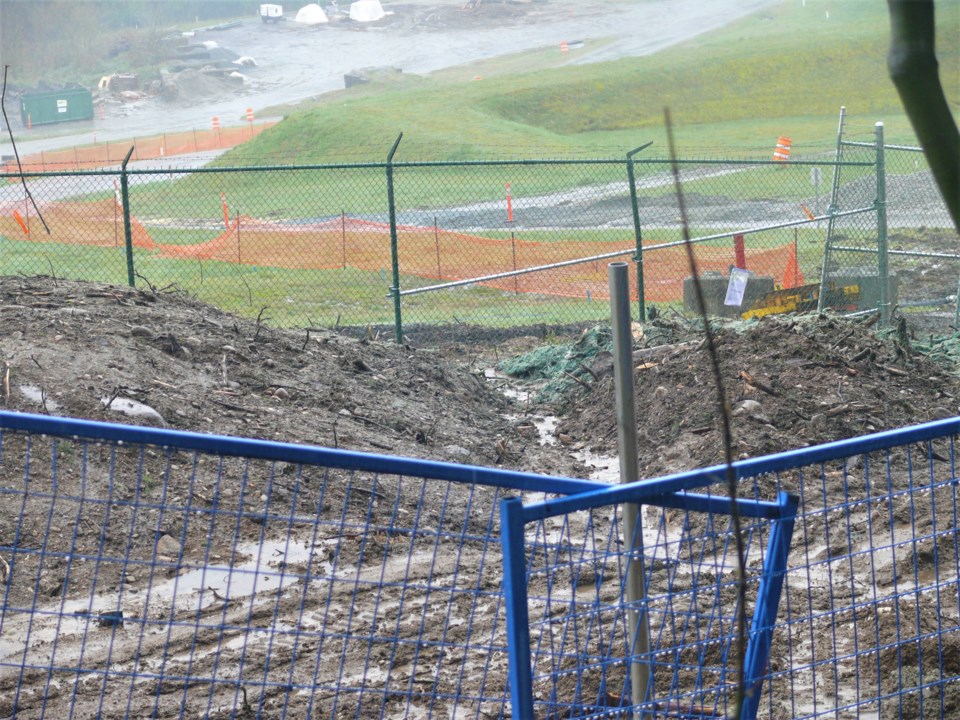Trans Mountain has donated $10,000 to the Burnaby-based Wildlife Rescue Association of BC to help the organization build a new medical treatment centre.
“The Wildlife Rescue Association plays an important role in the community rehabilitating injured animals and educating people about our valuable wildlife resources,” said Lexa Hobenshield, Trans Mountain’s Lower Mainland and Community Investment Manager, in a news release. “Trans Mountain is pleased to donate $10,000 to help the Burnaby-based organization build a much-needed treatment centre to meet the growing demand for their services.”
Hobenshield said the funding came from compensation Trans Mountain received after one of the project’s temporary worksites in Surrey was used as a filming location for the TV series Riverdale.
But Burnaby environmentalist John Preissl – who has been an ardent critic of the project’s impact on local water systems – told the NOW that while the donation is going to a great cause, he thinks it’s a political move with the start of a federal election.
“The association is in much need for any monies for their important work,” Preissl said. “I do have an issue though with the donation at this critical time on the pipeline - just before the federal election and the pending First Nations court cases coming up soon.”
Preissl said the amount is also a token compared with the project’s impact on the Burnaby environment.
“I have seen firsthand many times over the years on the serious environmental damage that Trans Mountain has caused on Burnaby Mountain,” said Preissl, citing an April 2018 inspection of Trans Mountain’s Burnaby Mountain tank farm that found several improperly installed sediment and erosion control measures as just one example.
Preissl says the company should do a lot more than just make the WRA donation.
How the money will be spent
In winter 2017, heavy snow and rainfall damaged the WRA’s 30-year-old hospital building, forcing it to close the building while retrofitting and re-purposing other animal buildings and sheds to continue providing services.
“The new Medical Treatment Centre will triple the current space and allow us to create an expanded medical examination and treatment facility. With increasing demand and rising costs, support like this is critical to ensure we are able to continue providing a high level of care for vulnerable animals in Metro Vancouver and the entire province,” says Linda Bakker, Co-Executive Director of WRA. She adds that Trans Mountain’s donation will launch the first phase of the construction project, and they are continuing their fundraising efforts to secure the additional funding needed to complete the project.

Up to 5,000 animals per year are admitted to WRA from across the province, an average of 14 animals per day. This represents an increase of 44 per cent from ten years ago. WRA’s hospital and rehabilitation facilities, located in Burnaby, BC, were originally built to care for up to 1,200 animals annually.
The Medical Treatment Centre will be used for primary hospital activities, such as examinations, treatments and stabilization procedures, in-house lab diagnostics and personnel training. Once the building conversion is complete, the current exam area will be re-purposed for fledgling care, another space demand for the organization.
In addition to treatment and rehabilitative care, WRA responds to more than 18,000 Helpline calls annually from the public, an increase of 70 per cent in the past three years alone. These numbers far exceed any other wildlife rescue organization in BC and is one of the two largest centers in Canada.
Over the past seven years, Trans Mountain has donated close to $2 million to local community groups.



